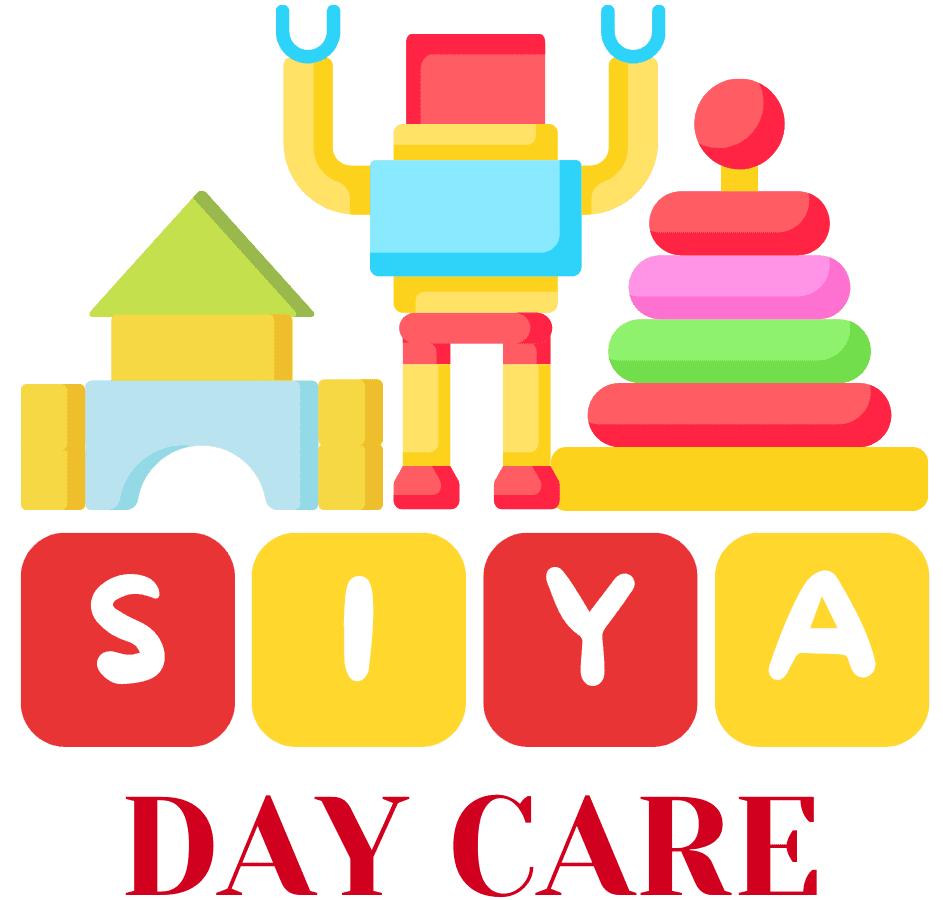
Bilingual Learning Benefits for Toddlers: What Research Says

Posted on November 30, 2023
In today's globalized world, bilingualism has become an asset that offers numerous cognitive, academic, and cultural advantages. For toddlers, the benefits of bilingual learning go beyond just language skills. Research has shown that introducing a second language at an early age can have a profound impact on a child's development. In this blog post, we'll delve into the research and explore the significant advantages of bilingual learning for toddlers.
1. Enhanced Cognitive Development
Numerous studies have demonstrated that bilingualism can lead to enhanced cognitive development in toddlers. Learning and using two languages require children to continually switch between them, which exercises their brains and strengthens their cognitive control. This enhanced cognitive flexibility can have a positive impact on problem-solving skills and creativity.
2. Improved Language Skills
Contrary to concerns that bilingualism might confuse toddlers, research indicates that it can actually improve their language skills. Bilingual toddlers tend to have a more extensive vocabulary and a better grasp of grammar compared to their monolingual peers. Exposure to two languages from an early age provides them with a strong linguistic foundation.
3. Better Academic Performance
Studies have shown that bilingual toddlers often outperform their monolingual counterparts in standardized tests of reading and math. Bilingualism appears to enhance cognitive abilities that are transferable to other areas of learning, giving these children an academic advantage.
4. Greater Cultural Awareness
Learning a second language also exposes toddlers to different cultures and perspectives. This early exposure fosters cultural awareness and promotes tolerance and inclusivity. Bilingual children are more likely to appreciate diversity and develop a global perspective.
5. Enhanced Problem-Solving Skills
Bilingual toddlers are often better equipped to solve problems that require creative thinking. The ability to think in two languages allows them to approach challenges from different angles, enhancing their problem-solving skills.
6. Improved Executive Function
Executive function skills, which include attention control, working memory, and self-regulation, are critical for academic success. Bilingualism has been linked to improved executive function, helping toddlers stay focused and organized in their learning activities.
7. Greater Career Opportunities
In an increasingly globalized job market, bilingualism is a valuable asset. Bilingual individuals often have a competitive edge when it comes to career opportunities, as they can communicate with a broader range of people and have a deeper understanding of different cultures.
8. Enhanced Communication Skills
Bilingual toddlers are adept at navigating different communication styles and contexts. They develop strong interpersonal skills and are better equipped to communicate effectively in a variety of situations.
9. Delayed Cognitive Aging
Research suggests that bilingualism may have long-term cognitive benefits. Bilingual individuals may experience a delay in the onset of cognitive aging and a reduced risk of conditions like Alzheimer's disease and dementia.
10. Emotional and Social Development
Bilingual toddlers often display enhanced emotional and social development. They are more empathetic, as they have a better understanding of different perspectives and emotions expressed in multiple languages.
Incorporating Bilingual Learning into Your Toddler's Routine
Now that you understand the research-backed benefits of bilingual learning for toddlers, you may be wondering how to incorporate it into your child's daily routine. Here are some practical tips:
- Start Early: Introduce the second language as early as possible. Toddlers' brains are highly receptive to language acquisition during this stage.
- Consistent Exposure: Ensure consistent exposure to both languages. Use each language in specific contexts to avoid confusion.
- Interactive Activities: Engage in interactive activities like reading bilingual books, watching educational videos, and playing language-based games.
- Bilingual Education: Consider enrolling your child in a bilingual preschool or daycare where both languages are emphasized.
- Cultural Experiences: Explore cultural activities and events related to the second language to immerse your child in its cultural context.
- Support and Patience: Be patient with your toddler's language development and provide plenty of encouragement and positive reinforcement.
In conclusion, the research is clear—bilingual learning offers a multitude of cognitive, social, and emotional benefits for toddlers. Siya Day Care stands as a testament to the positive impact of bilingual education on early childhood development. If you are looking for a nurturing environment that values bilingualism as a key element of learning, Siya Day Care invites you to reach out.
Schedule a tour today and explore firsthand how our bilingual learning approach creates an enriching experience for toddlers. Contact us at (781) 825-5125, and let's em bark on a journey of language, culture, and discovery together.
Unlock the potential of bilingual learning with Siya Day Care - Where Every Word is a World of Possibility!
Start Your Child's Journey With Us
Embark on a conversation that paves the way for your child's bright future. Whether you have questions, want to schedule a tour, or explore enrollment options at Siya Day Care, we're here for you. Fill out the form below, and let's start this exciting journey together. Your child's joyful learning experience awaits!
